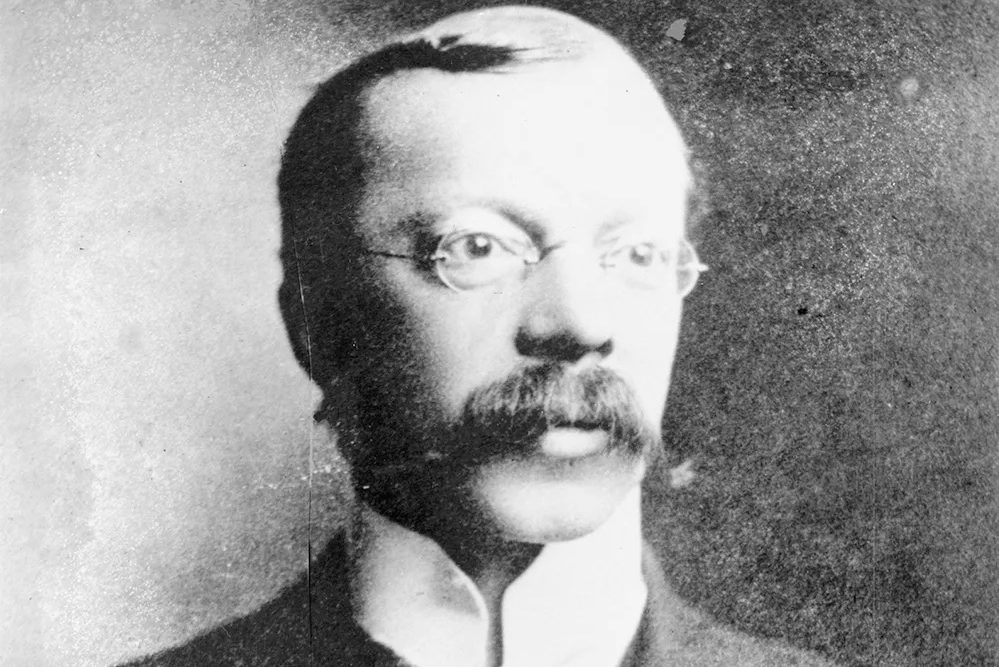This debut novel, which opens with ‘a high-school lacrosse party in 1999 and the rumor of a sexual assault’, is billed as one story told in four different genres: memoir, horror, noir and thriller. It even has four covers. There is a reason for this, as Kate Reed Petty explains in an author’s note:
‘In borrowing these forms from popular culture, I was looking for ways to push against the simplistic assumptions we too often make about power, abuse and gender — assumptions that lock us into the same stories, again and again and again.’
She raises certain questions. Who does a story about assault belong to? Whose version is most likely to be believed? Can the way it is told be damaging? Is the version that is true for one person necessarily true for another? She hopes that ‘soon, in the real world, we can find new shapes for how these stories usually go’. The novel is written not only to entertain but to inform and change opinions.
Part one is memoir. Nick is on the lacrosse team with the two boys accused of assault. The story is familiar: ‘Boys are boys,’ the coach tells him, dismissing the accusation while explaining that the female victim, Alice, has attempted suicide: ‘It’s a hell of a thing…the kind that can derail a young man’s life.’
Horror appears when Nick, now in his twenties, spends a weekend at a cabin, where he sees robed men peering through the windows. There’s a noirish element when he tries to derail Alice’s attempts to tell her story, but is followed by a man through the streets of New York. And there’s something of the thriller about Alice’s recollections of her relationship with an abusive man with Munchausen syndrome by proxy.
[special_offer]
The four-genre concept is generally effective. The treatment of Alice in the parts written as memoir is arguably more shocking than any of the gore and violence in the horror and thriller sections. Nick, with his blind willingness to defend his friends, is more dangerous than the cliché villain who follows him around. But, sadly, the idea seems more important than the story, which lacks focus, making the author too present and her characters merely part of an agenda.
This article was originally published in The Spectator’s UK magazine. Subscribe to the US edition here.

























